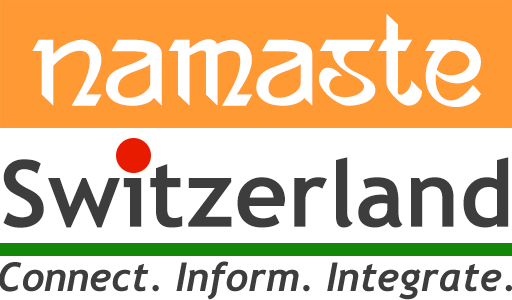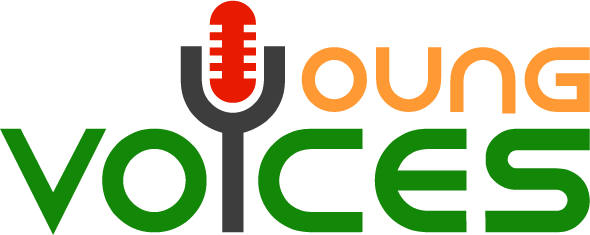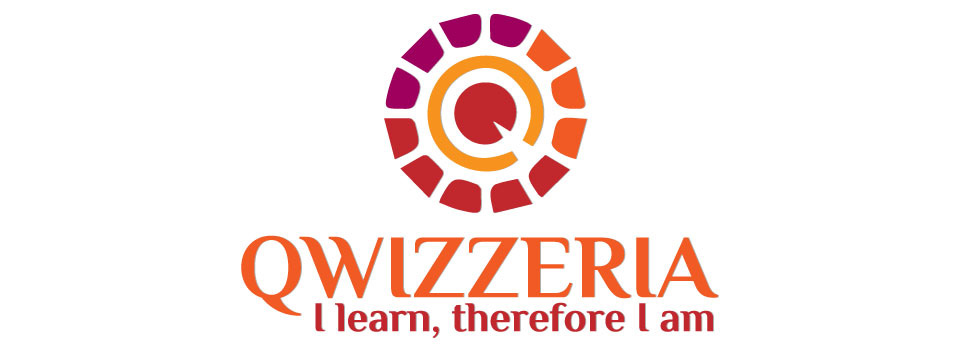Whether you are new to Switzerland, a trailing spouse or someone who intends to work in Switzerland, this series is going to help you get some straight answers. Answers, which are usually wrapped under prolific lines or diplomatic emails. Pragati Siddhanti tells you more.
Finding a job in this market as a third state national is tricky and challenging. There are no two ways about it. The point is to accept that (as a challenge) and move forward.
After 13 years of experience with top multinational firms (back home) and great credentials, I really wasn’t worried about being the trailing spouse when we were planning our move to Switzerland – however, I was surprised (and not very pleasantly). While I was fortunate since my wait was neither long nor demotivating, I fully understand how this situation of looking for a job can get to you or is probably already getting to you.
The point is to not give up, to remain positive, and to stick it out – because, the moment you are on the verge of giving up, things almost always change (they did for me.)
In this series, we check out everything that matters – work permits, language, job boards, networking, social media, how to deal with emotions, my personal experience and tips/tricks that I learned along the way.
Tackling the basics: Permit and Language
A. Work permit
This is an important hurdle, but not an impossible one. One thing is clear: Switzerland has a defined quota for foreign nationals, and to work here you must have a work permit/authorization.
a. An L permit (short term work permit) allows you to stay and work in Switzerland for a maximum period for 2 years and is dependent on your particular employer. There is always a possibility of this getting converted to a B in the longer run.
b. The B permit (long term work permit) allows you to live and work in Switzerland for a longer term and is also dependent on or linked to d (or sometimes not if it is an “Open” B) your employer.
c. The C permit (a residence permit) is usually issued after a period of 10 years (this is debatable and ranges from 5 to 10 years) and is not linked to or dependent upon an employer.
Contrary to popular belief, there is nothing “better” or “worse” about the type of permit you hold; the point is to have the authorization to work. , And the type of permit you hold, brings along certain limitations and/or advantages. For instance, an open B and C allow you to switch jobs, a B/C permit allows you to study at a local fee and so on and so forth.
Eventually, it all boils down to; if you want to work in Switzerland, a work permit is a basic requirement.
Read more about work permits here.
B. Language:
Let’s be factual. The local language (Swiss German or French predominantly for the job market) is your superpower. And superpowers are tough to attain! If you’ve learned the language already – you know I speak the truth and you are probably reaping the benefits of this superpower. If you haven’t, you probably l feel a touch limited (even if you have navigated well through the system, thus far).
However, I am in no way calling this as an absolute pre-requisite (but just a good to have) to your job search. Switzerland has so many global players where the official language is English and they embrace a multi-cultural environment rather than resist it. But, if you are actively looking for your first job, enrolling in a language class might be a good idea alongside all the things you are already trying (which we will discuss in my forthcoming articles).
If you can spare some time (and money) to enroll in a language course; I would strongly recommend it. But, if you can’t, don’t be disheartened, I didn’t.
Comprehending coffee corner conversations, participating in meetings or just making an effort to speak the local language – speaks volumes about your “will”. Your will to learn, integrate and adapt to a new setting and leaves a great impression on your next or current employer. Moreover, knowing the language opens up a broader spectrum of the job market which is always a big positive.
Handy Hints
1. While sending out applications is important, focus on the quality of your application, not on the quantity. Sending out one well-drafted application per day is more suitable than sending out 10 non-customized applications.
2. “Swissify” your CV (details to follow).
3. Prepare for that ‘much-awaited’ interview, you don’t want to be underprepared on the day opportunity knocks your door.
4. Work on your skills every single day – invest in a master’s programme (if possible), take up a certification, take online courses. None of these are barriers to your job search; if anything they are enablers. Education in Switzerland holds a lot of value; capitalize on the time that you have NOW to build your profile.
5. An automated regret email is not reflective in any way: the struggle is real – not just for you, but for everyone. Do not take failure too personally.
Stay tuned for Part 2 of this series for more information on job avenues, the role of social media and networking with a purpose.
Disclaimer: Opinions expressed belong solely to the content provider. Namaste Switzerland does not undertake any financial/reputational/legal/misrepresentational impact or other obligations/ liabilities that may arise from the content.













Really really nice article!!